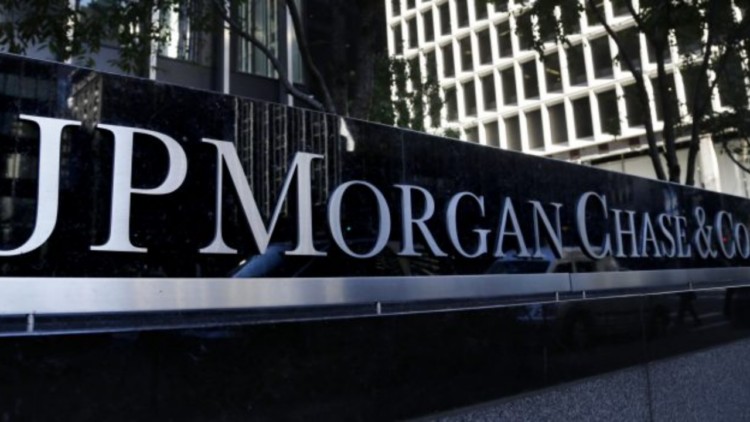JP Morgan, a US multinational financial services firm, has advocated that oil exporting companies be encouraged to sell forex proceeds on the interbank market, rather than directly to the Central Bank of Nigeria (CBN).
The company, which projects that the naira would trade at about N850 to the dollar before the end of 2023, also said the willing buyer-willing-seller nature of the foreign exchange market is contributing to the extreme volatility in the FX market.
The financial institution made the projection on Wednesday in its report titled ‘Nigeria local markets strategy: Getting set for re-opening’.
According to JP Morgan, achieving the N850/$ foreign exchange rate will require a combination of tighter policy, more attractive rates, and FX levels that discourage additional dollarisation while also attracting some foreign capital.
The firm said the recent efforts to restore a flexible FX regime may be sustained given the willingness to accompany it with tighter monetary conditions.
“The interbank FX rate has risen in recent days to over 900, from 750, thereby significantly closing the gap to the parallel rate which is now just above 1000,” JP Morgan said.
“We expect USD/NGN to eventually move lower towards 850 by year-end as the combination of tighter policy, as well as more attractive rates and FX levels deter incremental dollarisation and perhaps attracts some foreign capital.”
It said the willing buyer-willing-seller model impedes price discovery, so the financial regulator should reconsider the strategy.
JP Morgan also commented on Nigeria’s plan to obtain $10 billion in foreign currency inflows in the next few weeks to ease liquidity in the foreign exchange market.
The US bank said the ability of the government to raise such an amount may be challenging given the “US$3bn expected from Afrexim has been delayed for months, while Nigeria LNG Limited’s (NLNG) historical dividends to the government have fallen well short of US$2bn annually”.
Meanwhile, on October 23, the federal executive council (FEC) approved the sum of $3.45 billion in loans for the execution of five projects.
Edun had said the approval included concessional loans with zero-interest financing by the World Bank and the International Development Association (IDA), the concessional financing arm of the bank.
In addition to the policy actions, JP Morgan said authorities may need to consider further measures such as requiring commercial banks to adhere to regulatory limits on FX net open positions.
Other measures, JP Morgan said, include exploring the introduction of a cash reserve ratio (CRR) on FX deposits as well as issuance of dollar assets onshore.
On the fiscal side, the financial services firm advised the government to require all taxes to be paid in local currency.
Some of the measures, the firm said, may have already been incorporated in the federal government’s forthcoming revision of guidelines relating to the operations of the foreign exchange market.




